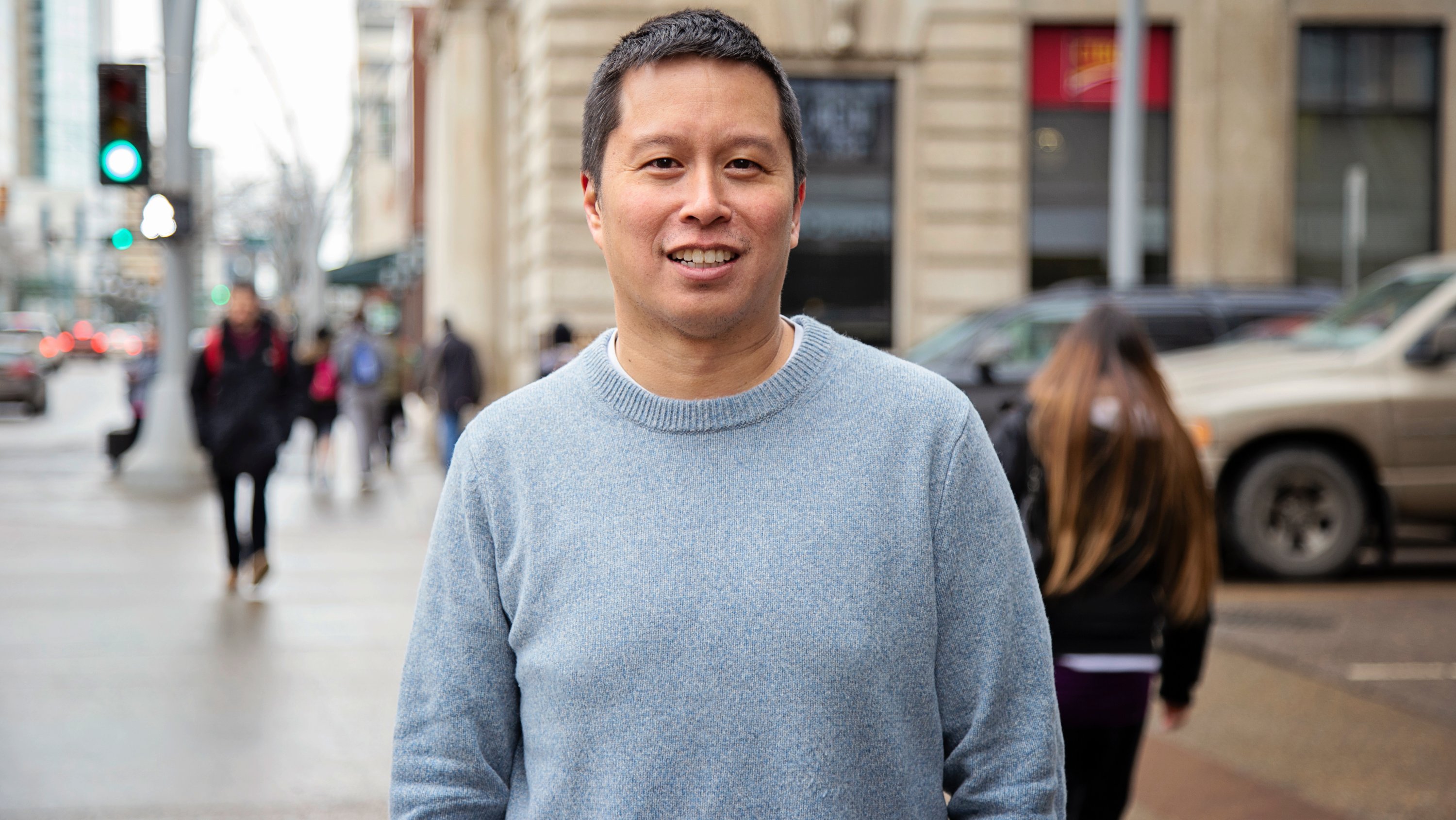Americans who face barriers to voting due to their racial background, age or socio-economic status are also less likely to have health insurance, according to recently published research in The Lancet Regional Health - Americas.
“We saw a significant relationship between barriers to voting and being uninsured, particularly among African Americans, Asian Americans, those living in lower-income households and younger voters,” said first author Roman Pabayo, associate professor in the School of Public Health and Canada Research Chair in Social and Health Inequities at the University of Alberta.
“The more restrictions on voting, the greater the likelihood that people from these groups were uninsured.”
The researchers looked at data from 242,727 adults who participated in the 2017 Behavioral Risk Factor Surveillance System (BRFSS), an annual health survey of Americans, and cross-referenced it with the Cost of Voting Index (COVI), a validated measure of barriers to voting that takes into account state-by-state voting laws that may restrict access with identification requirements, fewer polling stations in certain neighbourhoods, restricted voting hours, or rules that make it harder to register to vote. The analysis was stratified by racial/ethnic identity, household income and age group.
The researchers reported that an increase in COVI score was associated with increased odds of being uninsured for Black, Hispanic and Asian Americans, as well as people from low-income households and those under the age of 45.
Targeting underserved groups
The researchers noted 253 laws to restrict voting rights have been introduced in the United States in 2021 alone, such as allowing gun permits as identification but not student cards, often with the stated goal of preventing voter fraud.
“When some groups are excluded from the democratic process, their voices are not heard, and the consequences can be deadly,” said senior author Peter Muennig, professor of health policy and management at Columbia University’s Mailman School of Public Health.
“One of the most basic forms of access to power is voting, having your say in who represents you in government,” said Pabayo.
“It makes sense — if a group does not have people representing them who understand how hard it is to struggle to get health insurance, you’re not going to get laws passed that make it easier.”
Canada not immune
The researchers will continue to look at the relationship between voting restrictions and other health indicators, including gun violence, drug overdose and COVID-19, Pabayo said.
He also noted that while Canada’s voting rules are more consistent because they are controlled by Elections Canada rather than by each province, there is evidence that Indigenous people, recent immigrants, Black Canadians and younger people are less likely to vote than other Canadians.
“We don’t have the same level of voting restrictions,” Pabayo noted, “but there are historical structures and mistrust that drive members of these groups away from participating in elections.”
“Canada’s not immune to disproportionate access to power, which is a social determinant of health,” Pabayo said. “If we want more health equity, we should be creating ways in which our representation is equitably distributed.”
